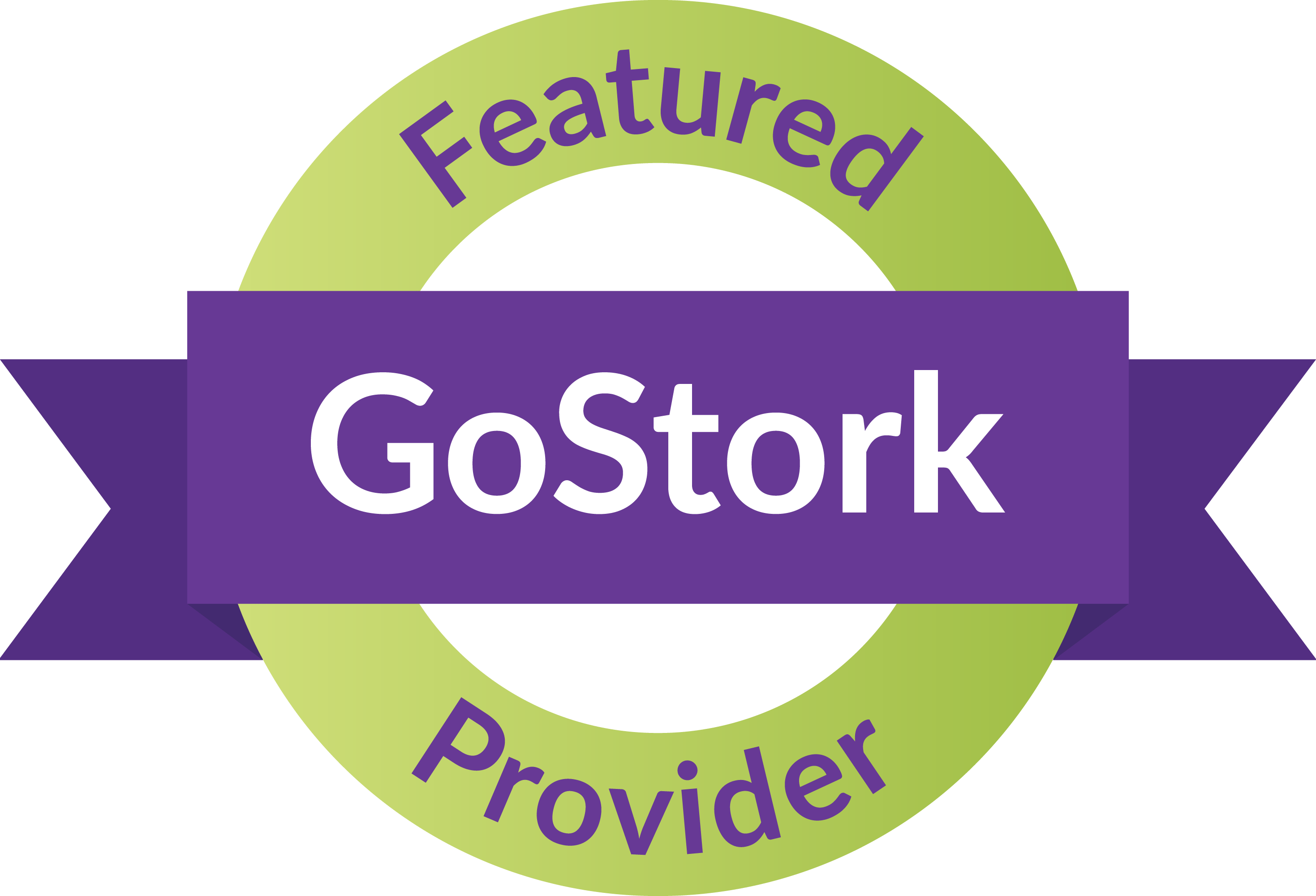
Accepting My Transition to an Intended Parent
In May 2019, my doctor sat down with my husband and I and told us that we would likely have to pursue surrogacy to have another child. This originally came as a shock to us, as we had spent years trying to have another child ourselves, and really believed it would eventually work again. Our infertility journey originally started in 2015, when I found out that my fallopian tubes are blocked, and IVF was our only option for me to get pregnant and have a child ourselves. In 2016, we were very lucky, and IVF worked, giving us our first child in 2017. Between 2017 – 2019, we had two cancelled IVF cycles due to my thin uterine lining, two failed transfers, and two miscarriages. We were devastated and didn’t know where to turn. When our doctor suggested surrogacy, he said we could try one last cycle with my own body, but if that did not work, he absolutely suggested surrogacy as our best option.
In October 2019, our last cycle by ourselves unfortunately ended in our second miscarriage. At this point, we just couldn’t do it anymore. I had been to countless doctors appointments, had hundreds of shots, multiple surgeries, and more – not to mention the emotional toll – and we were ready to move on to a new and final option for us. Between May and October 2019, we had done our research for surrogacy agencies, just in case we needed to go that route. We were not trying to be negative, but given what we had experienced, we were just being realistic. And when we experienced our loss in October 2019, we were grateful we had prepared. Soon after we heard the bad news, we officially signed up with our surrogacy agency of choice, expecting it to take a while to match with a potential surrogate. To our surprise, we matched in just three weeks (unheard of), and our journey as intended parents began!
As we had done a lot of research, and spoken with many doctors, lawyers, agencies, and more, we did feel prepared to be intended parents. We felt that we had talked through all the emotions that are involved with it, the financial aspects, and more – but there was one thing that quickly stood out to me that I absolutely wasn’t prepared for: the transition from being the infertility patient to being the intended parent (IP). I distinctly remember going to the first doctor’s appointment with our gestational carrier (GC), and being completely ignored. I was just a bystander in the room with a doctor I’d been going to for years, and he didn’t even acknowledge I was there. In hindsight, I understand why – the GC was now the patient, and he was focused on making sure she was physically ready to carry our child – but at the time, it felt very shocking. I actually left the appointment in tears because I felt so dismissed. Seemingly overnight, I had gone from being the focus of every appointment to being just another person standing in the room.
I genuinely was looking forward to not being the patient overall – I was tired of having the pressure on me for my body to respond to medicine. I was tired of trying to get pregnant myself. I was tired of loss. But while I was excited to not have the focus on me, I don’t think I was really considering the fact that the focus would not be on myself at all. And honestly, it shouldn’t be – it wasn’t about me anymore. It was about our GC and our future child. But because the whole point is for us to have a healthy child, it’s very strange to be so removed from it. Part of me does accept that this is just how it is, it’s about the GC, but the other part of me realizes that intended parents tend to get forgotten in the surrogacy process. Since our GC was going to our previous doctor, I do think I would have respected him more if he acknowledged that I was in the room, and even gave some excitement about this next journey for us. In general, I think the intended parents need to find a support system on their own because the agencies, doctors, and more just focus on the GC, and it can be difficult to process everything as you move through new experiences.
This was only exaggerated as 2020 greeted us, as with current health restrictions we have not been allowed to go to a single appointment with our GC, including the transfer of our child. Honestly, after everything we’ve been through to get to this point, we aren’t too upset about this – all we care about is having a healthy child, and we are so grateful that we will be having him in December! But even with that said, being an intended parent is a very unique experience. You are having your own child, but you are watching it happen from the sidelines. And after years of being in the doctor’s chair, this is very strange.
Something unique about being an intended parent, as a woman who experienced infertility, is that my husband and I are experiencing this pregnancy together, in the same way. This is very different from when we had our first child, and from what most people experience. When we had our first son, I was able to carry him myself, so I was still the patient. When I explained to my husband that it’s strange to be a bystander as our child grows and prepares to come into this world, he said that’s what it’s always felt like for him. He’s always been the person standing off to the side in the doctor’s appointments. And I don’t mean that he hasn’t gone through every aspect of infertility right alongside me – he absolutely has – but he’s never been the actual patient. Our infertility issues all stem from myself, and I’ve always been the patient at the doctor’s appointments up until last October, so surrogacy has given us a chance to experience this completely together.

Ten tiny fingers and ten tiny toes, thanks to surrogacy.
While I am incredibly grateful that surrogacy exists, and that we are able to be intended parents to have our second child, it is an incredibly difficult journey that I would not wish on anyone. That goes for infertility overall as well. There’s so much unknown and so much uncertainty, and that only becomes exaggerated when you become an intended parent. There is so much out of your control, and it’s something you just need to process, move through, and accept. With that said, the aspects that are in your control as an intended parent are which doctors you use, which agency you decide to go with, the gestational carrier that you match with (to a certain extent), the lawyer you use, etc. All of these decisions can be very overwhelming, and I genuinely wish that GoStork existed when we were going through all of this about a year ago because it would have helped us to feel more in control of our decisions. Personally, I like to see a lot of options before making a decision, and that was hard to do on our own, and took a lot of time, so seeing it all in one place would have been amazing. Infertility and being an intended parent is full of uncertainty, so you grab onto control wherever you can find it!

Find support on your surrogacy journey at Every BODY Matters
